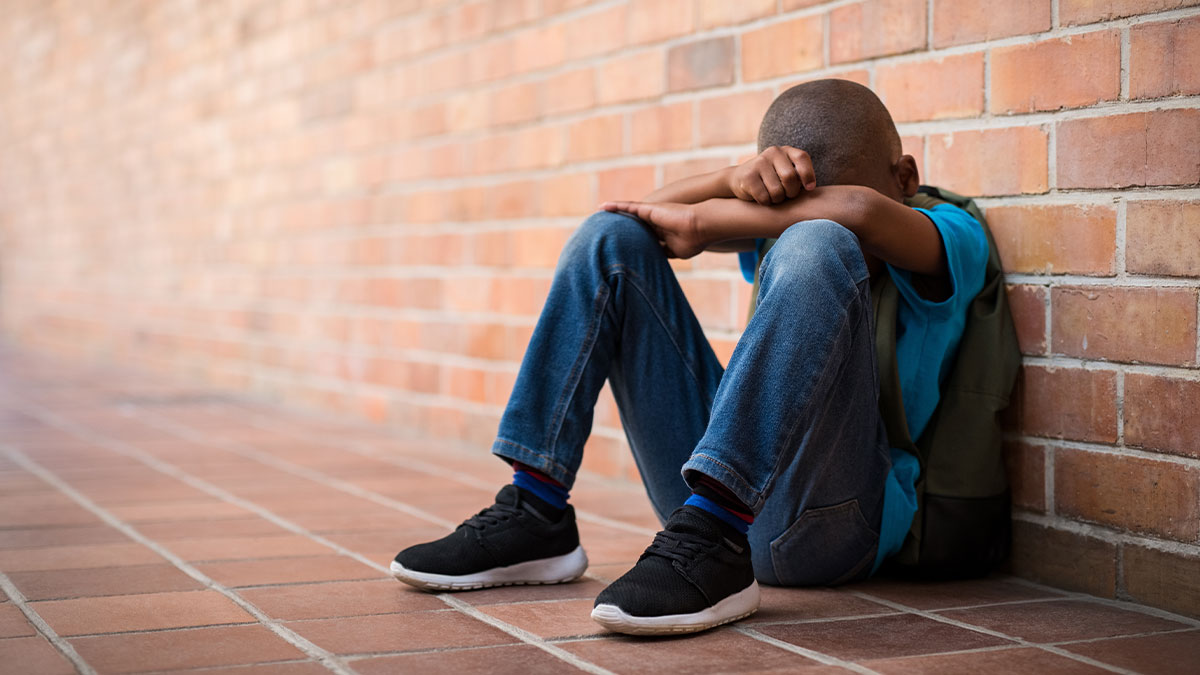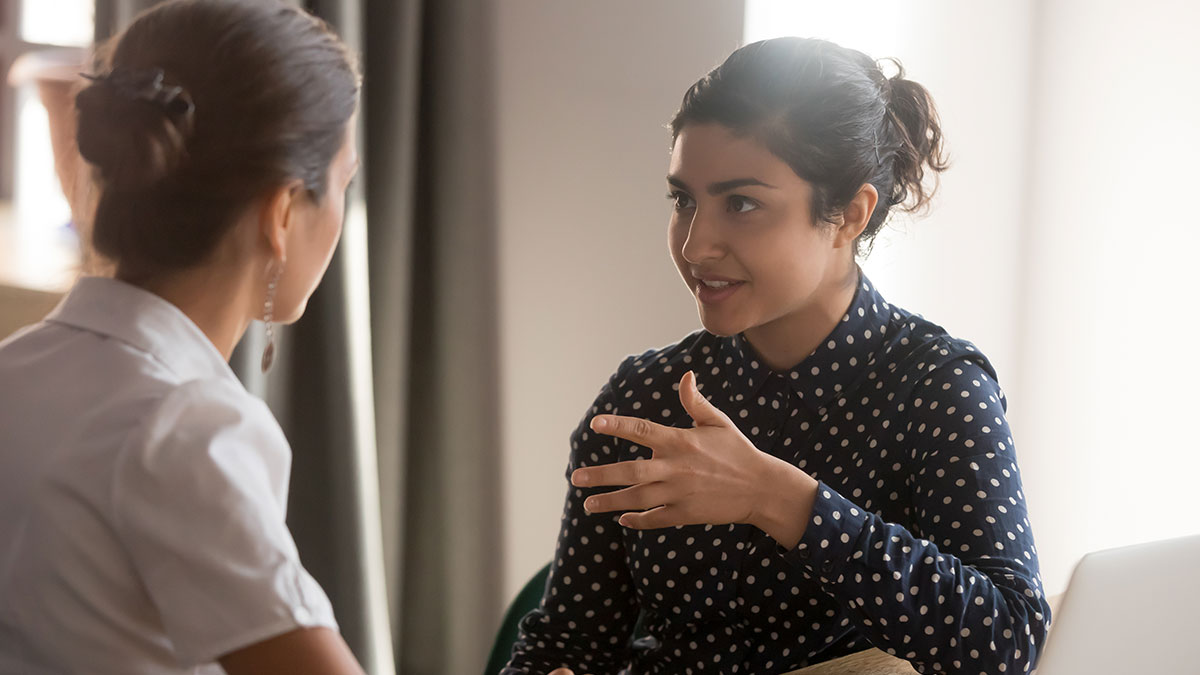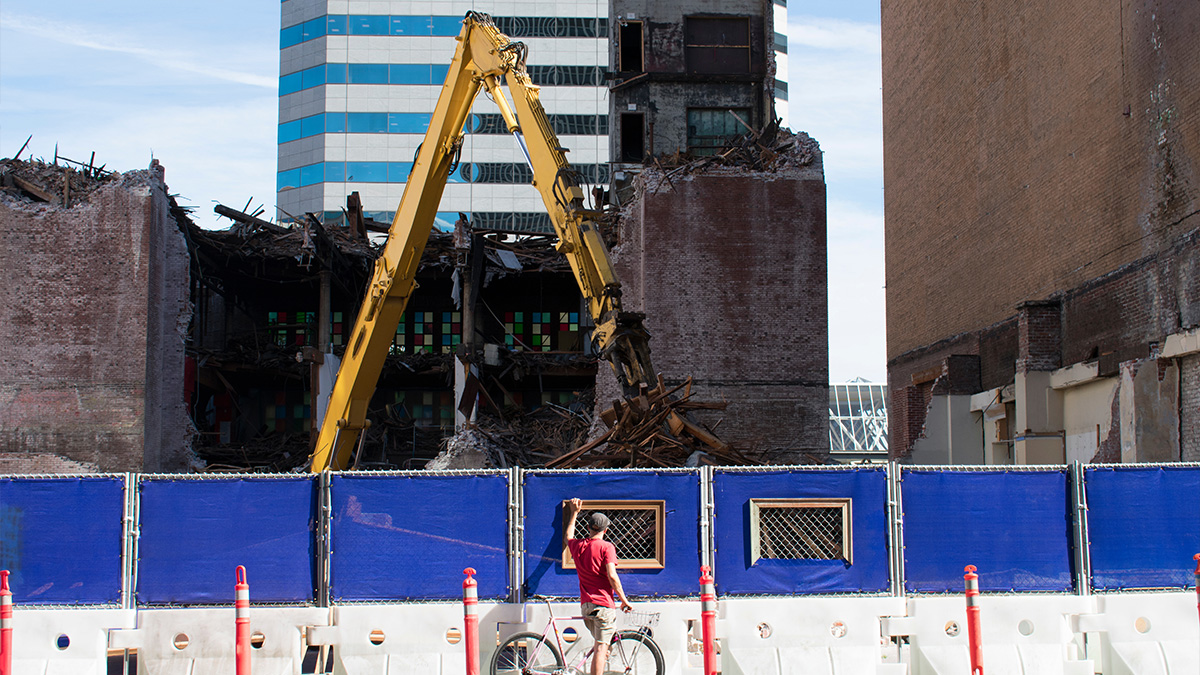Beyond Gatekeeping: Building a Community to Support Suicide Survivors
Suicide is a complex phenomenon, yet past attempts to change it have relied on an oversimplification that to prevent suicide, suicidal people need professional mental health treatment. Fortunately, that notion has faded. Suicide is now recognized as a public health issue; One that spans various continuums of culture, socioeconomic status, and demographics. With a better understanding and increased recognition of suicide as a public health issue, more stakeholders have engaged in suicide prevention efforts, new research has emerged, and more attention and resources are being dedicated than ever before. This capstone project explores the impact a suicide death has on the community and the postvention activities to mitigate risk for those individuals exposed, the suicide survivors.
The literature review highlighted the continued recognition of increased risk for suicide among survivors and recognition of postvention as a prevention strategy. However, the literature review identified a gap in current postvention research: the absence of exploration into universal strategies such as a postvention psychoeducation for the community. Many efforts identified were limited to the clinical setting, which would require suicide survivors to actively engage in services following a loss. The conceptualization paper acknowledged the success of gatekeeper training to educate the layman on identifying someone at risk for suicide and facilitate a referral to appropriate resources. With this model in mind, the theoretical frameworks from structural functionalism, transformative learning, and adaptive leadership were explored, as well as the availability and capability of the social work profession to implement and provide this community-based postvention psychoeducation. Lastly, the practical application paper investigated the implementation of supplementing current gatekeeper training with postvention psychoeducation. This capstone presents the rationale for and application of a proactive, universal approach to provide communities a way to understand, accept and support one another through the uniqueness and variability of grief after suicide.













